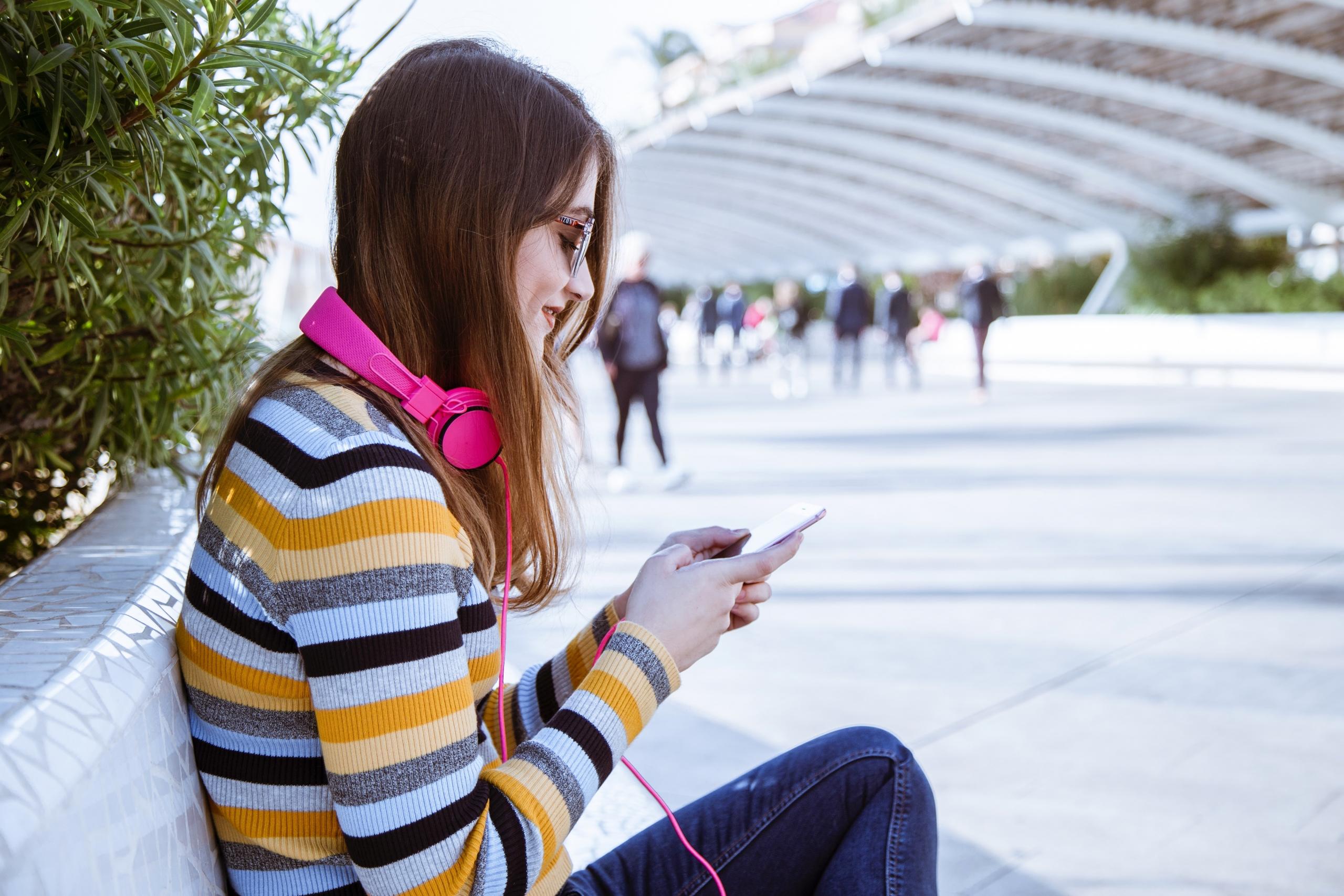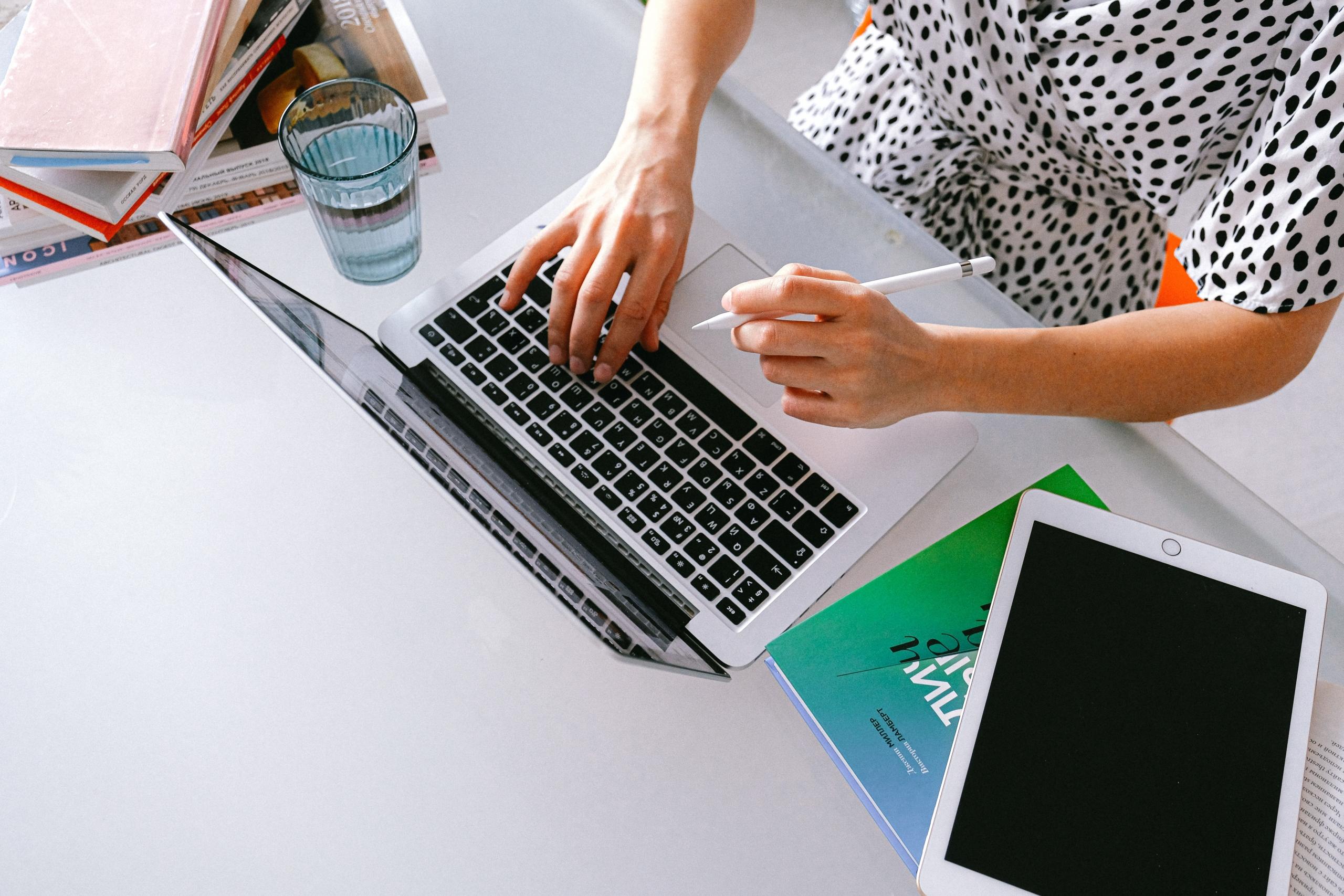Did you know that in South Africa we have a company called the African Society for Cyber Security Awareness (ASCSA)?
This particular non-profit organisation was created in order to promote safer online activities. The goal of the organisation is to help South Africans make better choices when using online platforms. The organisation intends to provide online safety training for government organisations, corporate partners, and schools so, that we raise a generation of cyber-safe kids.
If you are a firm believer that everyone should watch themselves online, you can even join this organisation's volunteer program, where you too could be conducting online safety training.
Of course, organisations like ASCSA developed to help people to stay safe online since many people don't realise the need to stay safe online.
Living in a world where technology has made it easier to do almost anything, we spend the bulk of our time online. We tend to get so caught up in the online bubble that we tend to forget all about the prevalence of internet scams, hacking, or even the fact that we can be bullied online.
So, you are probably asking yourself how you can ensure online safety? We aim to provide you with a guide on all you need to know about staying safe online.
You may also want to pursue a career as a white hat hacker. A white hat hacker is a cybersecurity specialist who hacks into an organisation's system in order to help the organisation. If this is your end goal, why not reach out to a Superprof computer science tutor near you to get started.
Want to give private lessons?
Join the Superprof community and share your knowledge with inquiring and motivated students.
An Online Safety Tip
The less people know about you, the better (especially in terms of what you reveal online). The core essence of phone safety is that you should not keep essential passwords, banking card pins, and personal documents on your phone in case your phone gets stolen.
However, in terms of your social media, the same mantra, "less is more," holds true as well.
The more you post and the more content you put out without thinking, the higher the chance you may regret something done months ago forever. Since potential employers don't hesitate to go through your social media, you need to put out content that employers will appreciate rather than content that will make them look in an entirely different direction.
Again, the more content that you post the greater the chance you have of someone bullying you due to what you have made public. Hence feel free to regulate how much of your personal information you put out there. Cyber bullying can surely be an issue if someone maliciously decides to hold something personal against you.
While social media safety is as important as ever these days, phone safety should also be a concern.
Again, you could choose to totally disregard this rule and post as you please, however, be aware that what you post online stays forever.

Also, think about it like this, if a device captures what you said or did at every given minute and exposed this to the world, it might not end so well for you. Keeping this horrid idea in mind, remember you are in control of how much you choose to share on both your phone and on social media, so you lack the chance of "overexposing" yourself to anyone.
Types of Online Safety
Computer Safety
You use your computer to scroll through the web or even to visit social media platforms. That is why it is important that when learning about cyber safety, you need to learn how to keep your computer safe too.
You may have heard the term, "malware," before. this term refers to software which is designed to mess with your computer to the extent that it may ruin your day or even your entire life.
To prevent any threats to your computer safety, follow the tips below:
Be Smart When it Comes to Anti-Virus Software
One of the core ways to ensure that you remain protected from malware is by installing trusted anti-virus software on your device. The way that anti-virus or anti-malware software works is to completely block out malware.
It seems like anti-virus software is a choice, however, it is clearly a need because if you don't have anti-virus software, you are increasing your risk of catching malware every day.
You could look at anti-virus software like a vaccine that fights off viruses in the cyber world.
Internet Safety
While your anti-virus software will prevent your computer or laptop from getting any viruses, however, what you do on the internet and how you do it also interlinks with your computer. Once an anti-virus software is installed, your computer or device will provide you with a warning about when a site cannot be trusted.
Heed Online Warnings
If you are being warned about a particular site or even something that you intend to download, exercise caution as far as possible.
While you can mostly download what you want at no cost, you need to be very wary of when a warning message pops up. Downloading from any source that is not legitimate may mean that you end up with malware!
Listen to your computer protection software, and don't download anything viewed as more of a threat than something useful.
Email Safety
The best way to hack someone is by something called phishing.
Phishing is a cybercrime that encourages you to click on various suspicious links through your email.
The idea behind phishing is to get you to reveal personal details such as your banking details.
Be very careful when marking these emails as spam or deleting them, as you don't want to accidentally click on any of the links.
Further Thoughts About Internet Safety
Cybersecurity is a shared responsibility, and it boils down to this: in cybersecurity, the more systems we secure, the more secure we all are. Jeh Johnson
How many online security systems have you put in place to ensure your security online?
Even something as simple as online shopping could have dire consequences. When surfing the web and shopping online ensure that the website you are using is a legitimate website.
When looking at a web address always look out for the letter "s" in, "https:" as this letter stands for secure.
Do your research on any online store that you are interested in buying from.
How to Stay Safe Online

Kids used to pass notes around in school. Now they're putting it on pages with 500 million users. Parry Aftab
The thought that anything that you pen down online is exposed to millions of viewers is surely scary.
Hence the best possible advice we can give you to stay safe online is to ensure that you update your privacy settings on your devices and social media accounts and that you stay as private as possible.
Privacy Settings
You must familiarise yourself with the settings on your browser which allows you to put certain measures in place that will restrict what information marketers can find out about you from your browsing habits.
"Cookies" refers to small bits of information that marketers use to understand what users are doing online.
While cookies may be an excellent marketing tool, unprotected cookies can be used to expose users and organisations. Cookies can also be hijacked.
While removing cookies means that your browsing experience will no longer be streamlined, it also means that you better secure yourself from breaches of privacy.
Privacy in Terms of Posting
Privacy is not an option, and it shouldn't be the price we accept for just getting on the internet. Gary Kovacs
Social media posting sometimes allows us we forget that stalkers and weird people also use social media applications. So, remember to switch off your geo-tagging setting. You don't want your home location to be exposed to your thousands of Instagram or Facebook followers.
Furthermore, remember to set your social media account to private if you would like to share glimpses of your life with only people that you personally know.
Privacy in Terms of Passwords
Passwords are like underwear: don't let people see it, change it very often, and you shouldn't share it with strangers. Chris Pirillo
Shorter and easier passwords are far easier for hackers to break and hence you need to create a long password that has a varied mix of numbers, letters, and special characters in it. Longer passwords are better, but these long passwords are only great tools to ensure online safety when you don't share them with anyone. Try to have different passwords for different applications and pin numbers so if one of your passwords gets discovered, the hacker cannot tap into all other accounts too.
Change your passwords regularly to ensure password privacy is constantly maintained.
For more details on staying safe online read our blog post that offers you a bit of a guide to being safe online.
Want to give private lessons?
Join the Superprof community and share your knowledge with inquiring and motivated students.
Summarise with AI





